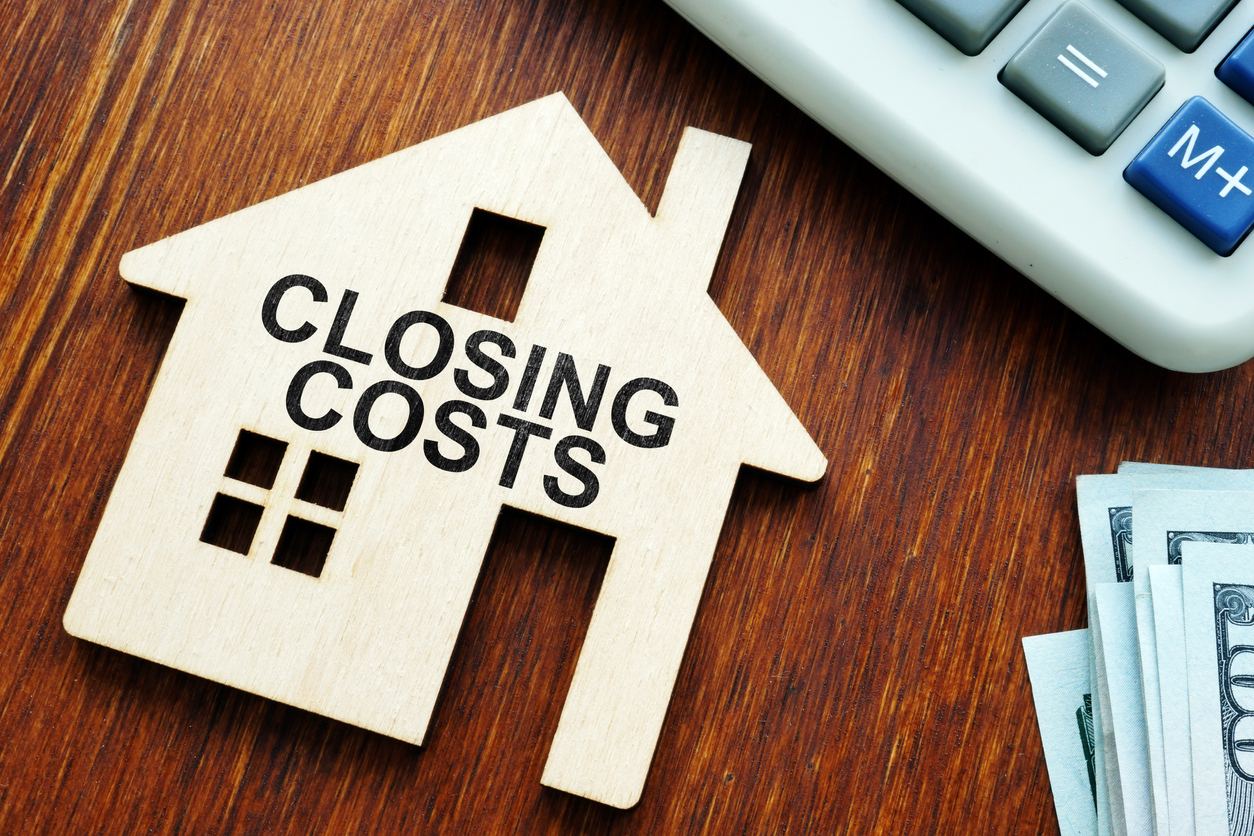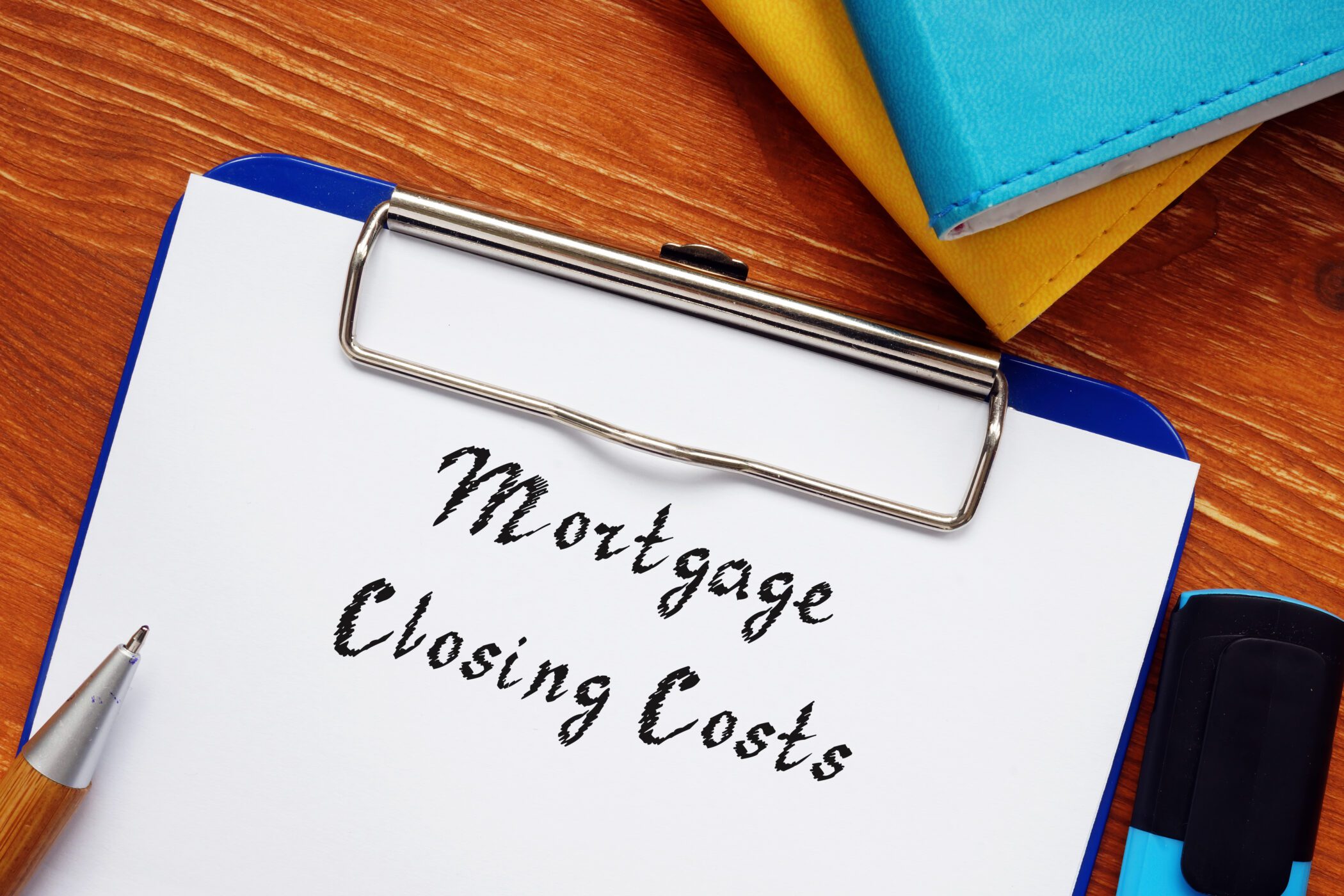Navigating the complexities of homeownership can be daunting, especially when it comes to the financial burden of closing costs. If you’re wondering, “What if I can’t afford closing costs?”, this comprehensive guide will empower you with strategies and solutions to overcome this hurdle and achieve your dream of homeownership.
Understanding the nature of closing costs, their impact on home affordability, and the potential long-term implications is crucial. By delving into the intricacies of government assistance programs, negotiation techniques with sellers, and innovative financing options, you’ll gain invaluable insights to make informed decisions and secure your financial footing.
Financial Assistance Programs

Financial assistance programs are designed to provide financial aid to homebuyers who may not have the necessary funds to cover closing costs. These programs can be offered by government agencies, non-profit organizations, or mortgage lenders.
Government-backed programs are typically available to low- and moderate-income homebuyers. These programs offer a variety of assistance, including down payment assistance, closing cost assistance, and mortgage interest rate reduction.
FHA Loan
- Offered by the Federal Housing Administration (FHA)
- Low down payment requirements (as low as 3.5%)
- Closing costs can be rolled into the mortgage
VA Loan
- Offered by the Department of Veterans Affairs (VA)
- Available to eligible veterans and active-duty military members
- No down payment or closing costs required
USDA Loan
- Offered by the United States Department of Agriculture (USDA)
- Available to low- and moderate-income homebuyers in rural areas
- Closing costs can be rolled into the mortgage
Negotiation with Sellers

Negotiating with sellers to secure closing cost assistance can be a strategic approach to reducing the financial burden associated with homeownership. Here are some effective strategies and tips to consider when requesting and negotiating with sellers:
Strategies for Negotiating Closing Cost Assistance
When negotiating with sellers, it is essential to approach the conversation with a clear understanding of your financial situation and the closing costs you are seeking assistance with. Being prepared and informed will enhance your negotiating position.
- Determine Your Needs:Calculate the estimated closing costs associated with the property you are interested in. This includes fees for title insurance, lender fees, attorney fees, and other expenses.
- Research Market Conditions:Analyze the local real estate market to understand the average closing costs and whether sellers are typically willing to provide assistance.
- Consider Seller Motivations:Identify any factors that may motivate the seller to assist with closing costs, such as a need to sell quickly or the desire to attract a stronger offer.
Tips for Effective Negotiation
When presenting your request for closing cost assistance, it is crucial to communicate your needs clearly and professionally. Here are some tips for effective negotiation:
- Be Polite and Respectful:Approach the negotiation with a positive and respectful attitude, even if you are not able to reach an agreement.
- State Your Request Clearly:Explain your financial situation and the amount of closing cost assistance you are seeking. Be specific and provide supporting documentation if necessary.
- Be Willing to Compromise:While it is important to advocate for your needs, be prepared to compromise and negotiate a mutually acceptable solution.
- Explore Alternative Options:If the seller is not willing to provide closing cost assistance, consider exploring alternative options such as a seller-funded mortgage or a loan with lower closing costs.
Budgeting and Planning

Budgeting and planning are crucial for homeownership. To prepare for closing costs, you need to create a realistic budget that includes all expenses associated with the home purchase. This includes the down payment, closing costs, and ongoing expenses such as property taxes, insurance, and maintenance.
Here are some tips for creating a budget and saving for closing costs:
Saving Strategies
- Track your expenses to identify areas where you can cut back.
- Set up a separate savings account for closing costs.
- Consider increasing your income through a side hustle or part-time job.
Financial Planning
Once you have a budget, you can start planning for closing costs. This may involve:
- Getting pre-approved for a mortgage to determine how much you can afford.
- Shopping around for the best mortgage rates and terms.
- Negotiating with the seller to cover some of the closing costs.
Alternative Financing Options
For those who cannot afford the traditional closing costs associated with buying a home, several alternative financing options may be available. These methods can help cover the upfront expenses, making homeownership more accessible.
Seller Financing
In seller financing, the seller agrees to finance a portion of the purchase price, acting as the lender. This option can be advantageous for both parties: the buyer can secure financing without traditional lender approval, while the seller benefits from additional income and a potential faster sale.
Lease-Purchase Agreements, What if i can’t afford closing costs
A lease-purchase agreement allows the buyer to rent a property with the option to purchase it at a later date. During the lease period, a portion of the rent payments goes towards a down payment, reducing the closing costs when the purchase option is exercised.
FHA Loans
Federal Housing Administration (FHA) loans are government-backed mortgages designed for first-time homebuyers and those with lower credit scores. These loans typically have lower down payment requirements and more flexible credit guidelines, making them a viable option for those who may not qualify for traditional financing.
VA Loans
VA loans are government-backed mortgages available to active-duty military members, veterans, and their surviving spouses. These loans offer zero down payment, no mortgage insurance, and competitive interest rates, making them an attractive option for eligible borrowers.
USDA Loans
USDA loans are government-backed mortgages designed for low- and moderate-income buyers in rural areas. These loans also offer zero down payment and have flexible credit requirements, making them a good option for those who cannot afford traditional closing costs.
Impact on Home Affordability
Closing costs represent a significant expense in the home-buying process, impacting overall affordability and long-term financial goals. These costs add to the down payment and mortgage amount, potentially affecting monthly mortgage payments and the overall financial burden of homeownership.
The impact of closing costs on monthly mortgage payments is direct. Higher closing costs lead to a larger loan amount, which in turn increases the monthly mortgage payment. This can strain monthly budgets and limit the amount of disposable income available for other expenses or savings.
Long-Term Financial Goals
Closing costs can also affect long-term financial goals, such as retirement savings or investing. The funds used to cover closing costs may otherwise be invested or saved for future financial security. By diverting funds towards closing costs, individuals may need to adjust their financial plans and timelines for achieving long-term goals.
Additionally, higher closing costs can result in a higher interest rate on the mortgage, further increasing the overall cost of homeownership over the loan term. This can have a significant impact on long-term financial well-being.
Long-Term Implications
Failing to cover closing costs can have long-term financial repercussions. Understanding these implications is crucial before making any decisions.
Not being able to afford closing costs could lead to higher monthly mortgage payments, limiting your ability to save and invest. It can also affect your credit score and make it harder to qualify for future loans.
Impact on Monthly Mortgage Payments
When closing costs are rolled into your mortgage, the loan amount increases. This results in higher monthly mortgage payments, potentially straining your budget.
Reduced Savings and Investment Potential
The money you could have used for closing costs may have to be diverted to cover other expenses. This reduces your savings and investment opportunities, which can hinder your long-term financial goals.
Credit Score Impact
Late or missed mortgage payments due to high monthly payments can negatively impact your credit score. A lower credit score can make it harder to qualify for future loans or secure favorable interest rates.
Last Point
Remember, purchasing a home is a significant financial undertaking, and it’s essential to approach it with a well-informed and strategic mindset. By leveraging the knowledge and resources provided in this guide, you can confidently navigate the closing cost landscape and embark on the exciting journey of homeownership.
Commonly Asked Questions: What If I Can’t Afford Closing Costs
Can I negotiate closing costs with the seller?
Yes, negotiating closing cost assistance from sellers is a viable strategy. Present your request professionally and be prepared to justify your financial situation. Explore creative solutions such as seller concessions or a temporary rate buydown.
What government programs assist with closing costs?
Government-backed programs like FHA loans, VA loans, and USDA loans offer financial assistance to eligible homebuyers. These programs may provide grants or low-interest loans to cover closing costs, making homeownership more accessible.
How can I reduce closing costs through creative financing?
Explore innovative financing options such as adjustable-rate mortgages (ARMs) or interest-only loans that can potentially lower your upfront closing costs. Consider negotiating a lower interest rate or origination fees with your lender.